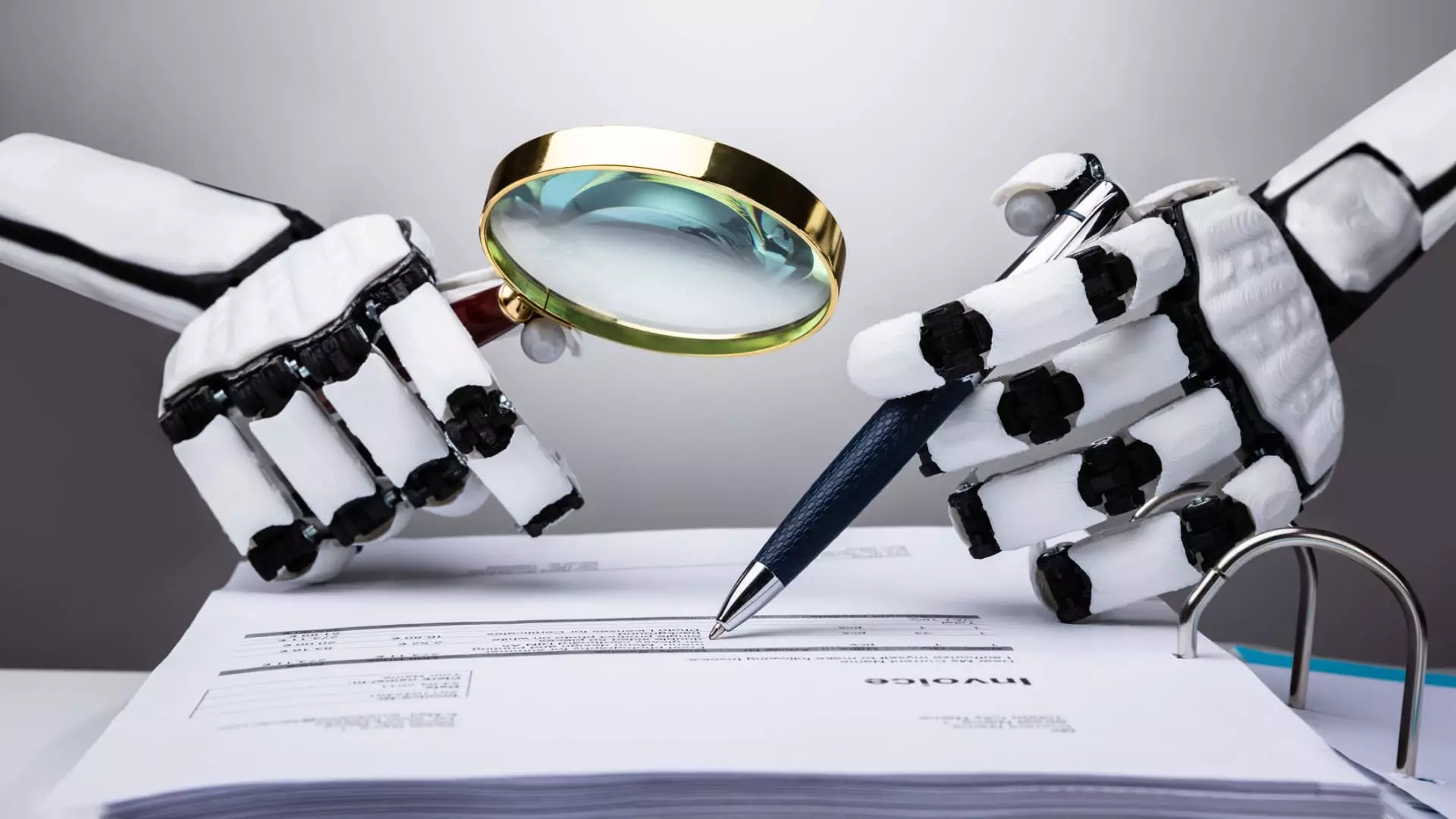Artificial intelligence-powered agents are set to revolutionize the way tasks are handled within organizations by 2025. Capgemini, a leading technology services giant, predicts the emergence of “multi-agent AI” systems where a collection of agents collaborate to solve complex tasks. These AI agents are designed to function independently, plan, adapt, and execute workflows with minimal human oversight. The U.S. is ahead in adopting this technology compared to Europe, with companies actively exploring the possibilities of integrating AI agents into their operations.
According to Capgemini’s research report, titled “Harnessing the Value of Generative AI,” an overwhelming 82% of companies surveyed are planning to incorporate AI agents within the next three years. These AI agents can take on a variety of tasks, from creating ad campaigns to ensuring legal compliance, by collaborating with other agents within an organization. Unlike traditional AI systems that follow pre-programmed instructions, AI agents have the ability to understand, interpret, adapt, and act independently, with some tasks even replacing human workers.
The integration of AI agents is expected to facilitate automation in 71% of organizations, allowing human workers to focus on value-added functions such as customer experience. This shift towards AI agents is also seen as a way to relieve employees of repetitive tasks and streamline operations. Capgemini’s report highlights the growing adoption of generative AI across various industries, with a significant increase in the number of organizations utilizing this technology since 2023.
While larger companies are leading the way in implementing generative AI, smaller firms are lagging behind in terms of adoption. The scale of experimentation and investment in AI varies across industries, with aerospace and defense sectors showing higher adoption rates compared to retail. Companies with higher annual revenues are more likely to invest in generative AI, as they have the resources to measure results and accelerate the implementation process.
Overall, the shift towards multi-agent AI systems represents a significant milestone in the evolution of artificial intelligence. By leveraging the capabilities of AI agents to work collaboratively and independently, organizations can unlock new possibilities for automation, efficiency, and innovation. As we approach 2025, the landscape of AI technology is poised to undergo a transformative change, with AI agents at the forefront of this revolution.

